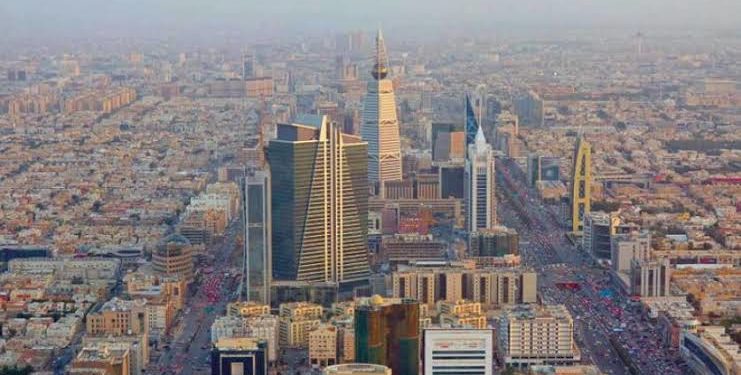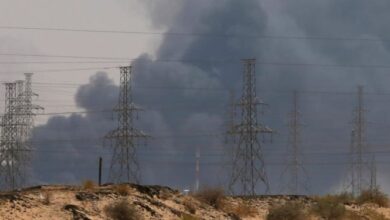Economic and oil crises put the Kingdom in a financial bind

In a precedent, perhaps the first on this level, the Kingdom finds itself in front of a major financial deadlock that has forced it to take massive austerity measures due to the economic and oil crisis and the failure of the policies and symbols of the Saudi regime.
The decline in oil prices and the continued dependence of the Kingdom’s budget on black crude as a main source of public revenues, and the possibility of excessive contracting (OPEC +) alliance, poses serious challenges to the Kingdom’s already faltering economy.
Despite this stalemate, the Kingdom is preparing for a long oil war with Moscow, its strong rival, a war that will lead to continued tumbling prices, especially as one of its most prominent weapons is the dumping of markets by oil by the major players. The Kingdom will raise its production from 9.7 million to 13 million barrels within a short period despite the huge surplus in the markets, Russia announced that it has the capacity to increase production by 500 thousand barrels.
Other Gulf countries entered the crisis line as the UAE announced its ability to increase its production and market supply by four million barrels per day during April. Kuwait also decided to reduce the price of selling oil destined for Asia.
And the dumping of markets represents a catastrophe to balance the Kingdom, especially with the Kingdom’s decision to reduce oil prices in the context of its war against Russia and punish it for refusing to cooperate with it in reducing production within the framework of the “OPEC +” bloc.
In a simple calculation, the Kingdom may incur losses exceeding one hundred billion dollars annually if prices remain the same, which is the scenario confirmed by major international investment banks a few days ago when it expected oil prices to drop to 30 dollars and maybe 20 dollars during the current year, and this is compared to what the Kingdom incurred it from the losses on Sunday and Monday of the past $320 million, and it is expected that the losses will increase to more than one billion dollars during the current week.
According to the estimates of the International Monetary Fund, the Kingdom needs a price of $80 a barrel to set the budget for the year 2020, which has a deficit of 187 billion riyals ($50 billion), so what will the deficit number be if the oil price stabilizes at $30.
The Ministry of Finance in the Saudi system has sent instructions to government departments to submit proposals to reduce between 20 and 30% in their budgets for the year 2020.
He may follow the step of reducing expenses, among other steps, including postponing projects, canceling contracts that have not been awarded yet, increasing prices, especially fuel, and raising taxes and government fees, especially on Arab and foreign labor.
And the continued decline of oil prices will constitute a real crisis for the budget of the Kingdom that relies on oil for public revenues, especially those that suffer from financial crises and a budget deficit.
The oil war between Riyadh and Moscow escalated, with the Kingdom heading to fight a “bone-breaking” war in the oil market, which is suffering mainly from a supply glut and a contraction in global demand due to the consequences of the Coronavirus.
The Kingdom announced increasing its oil production to 13 million barrels per day compared to 9.7 million barrels, leasing oil containers to transport its raw materials to world markets, and starting its implementation of practical measures to reduce spending in the budget.
These steps led Saudi Arabia to drop oil prices in the global energy markets yesterday, Wednesday, after the gains made by raw materials on Tuesday due to fiscal stimulus and tax cut plans announced in both America and Japan and positive data from China.
According to Bloomberg data for commodity price indices, Brent crude for April in midday trading in London fell 2.79%, as contracts lost $1.04, down to $36.18 from Tuesday’s levels.
While US West Texas crude fell for the same month by 2.76% or lost about 95 cents to 33.41 dollars.
Energy experts expect that the prices of oil futures contracts will continue to decline with the start of the actual implementation of the Saudi steps to flood the market with crude oil.
Aramco oil shares recorded a sharp decline yesterday, in response to the drop in oil prices. Aramco shares traded on the Tadawul market at 29.70 Saudi riyals ($7.91), down 4.7 percent from its previous close, and well below the initial public offering price of 32 riyals, on which the company was valued at about $1.7 trillion when it was listed in December.





